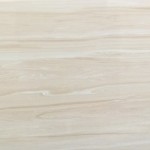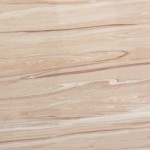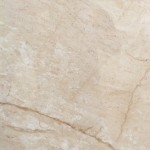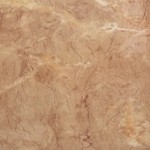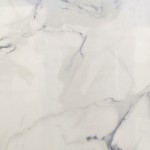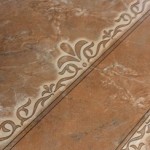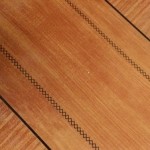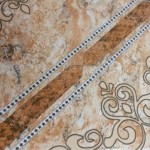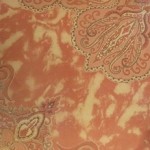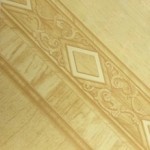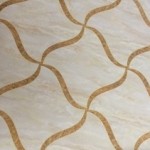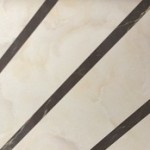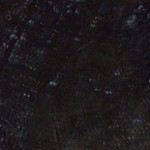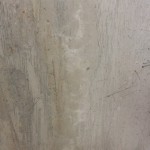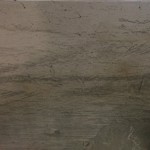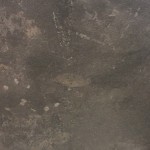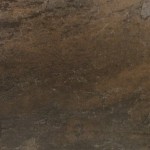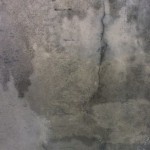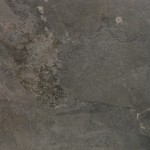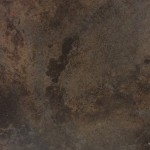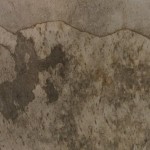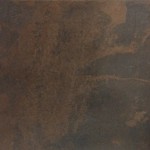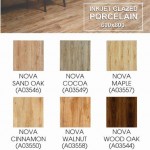Glazed Ceramic /Matt Floor Tiles (Ink-Jet)
 Local tile manufacturer Johnson Tiles recently introduced its Fusion range of inkjet ceramic tiles in various sizes. The company has a heritage of over sixty years in South Africa and is known for its glazed ceramic and porcelain floor tiles as well as a select range of imported wall tiles.
Local tile manufacturer Johnson Tiles recently introduced its Fusion range of inkjet ceramic tiles in various sizes. The company has a heritage of over sixty years in South Africa and is known for its glazed ceramic and porcelain floor tiles as well as a select range of imported wall tiles.
Johnson Tiles invested over R8-million on a new state of the art digital inkjet machine to keep the technology in its plant current, stay competitive and to continue to introduce quality, on-trend and locally manufactured products to the South African market.
Digital printing allows for photorealistic patterns and motifs, inspired by natural stone to be applied directly to the tile surface before firing. The latest prints result in very realistic finishes and combine different types of natural stone such as marble, slate and travertine thus featuring a variety of life-like designs and veining patterns.
“The inkjet printer provides us with the opportunity to offer customers beautiful ceramic inkjet tiles true to the Johnson Tiles quality they came to trust, but critically provides the commercial customer bespoke designs and exclusive products for large commercial projects,” says Richard Nuss, Marketing Manager for Johnson Tiles.
The engineering team made allowance for multiple topcoat applications so that the tiles that are printed are able to be finished with matt, gloss or satin finishes, as well as some interesting new textures to suit the market’s demands.
“Our designs come from a range of sources, some from our suppliers in Europe, but we’ve also developed our own based on natural products that we’ve photographed and scanned. We consider global trends, particularly those in Europe, but also look at what sells in the South African market,” says Tharien Smith, New Product Designer for Johnson Tiles.
There is a massive trend towards cementitious design, whether raw cement, screed or polished concrete aesthetics. “In South Africa, these tend to be warmer hues of grey and a matt finish rather than some of the extreme gloss finishes seen in Europe,” she says.
The Johnson Tiles design team used names to convey a sense of where the tiles come from, whether its natural slate designs of the Limpopo or some Nostalgia in the classic Encaustic designs. “These names elicit a sense of heritage and hopefully an emotional connection with the consumer,” says Smith.
A good inkjet design offers the benefit of variability. “Ideally there should be between eight and ten different ‘faces’ for each design. This means that there should be no repeated tiles within a two square metre space,” she says.

All its tiles are glazed, and like ceramic traditional tiles, all inkjet tiles are tested against the Porcelain Enamel Institute (PEI) rating system. Johnson Tiles performs quality checks at every stage of the tile manufacturing process to ensure that it upholds its reputation for product excellence. Once produced, its tiles undergo rigorous tests to ensure technical aspects such as water absorption; irreversible moisture expansion; scratch resistance; stain resistance and rectangularity, among a host of other aspects, comply with or exceed European (EN:177) standards.
There are very few criteria considered by the Green Building Council for green manufacturing when it comes to tiles. Johnson Tiles contributes to the Local Sourcing (Mat-11) criterion if it contributes to projects in Gauteng where sourcing happens within 400km and in many instances towards the 50km radius requirement for the additional point. In addition, more than 95% of a tile is sourced within 400km of the Johnson Tiles manufacturing site.
“Local sourcing reduces the impact on the environment and is especially beneficial to residential and commercial work as fewer imports result in a lower carbon footprint,” says Nuss.
Johnson Tiles continues to be known throughout the industry for producing quality tiles in South Africa and inkjet technology permits the brand to offer innovative new designs combined with its heritage of quality and expertise.
Size (400×400)
- LIZWEL BEIGE (PU)
- MUMBAI BEIGE (PU)
- SONARA CREMA (PU)
- SONARA BRONZE (PU)
- SONARA BEIGE (PU)
- CALCATA GREY (PU)
- RIVIERA FAWN
- MELODAY MARRON (PU)
- RIVIERA BEIGE( PU)
- VERNALRA MARRON (PU)
- PANAMA BEIGE (PU)
- FLORA (PU)
- PALACE CREAM (PU)
- MARS NERO (PU)
Size (490×490) Ink-Jet Tiles
- QS-091-1 (JO)
- QS-090-1 (JO)
- MA-040-1 (JO)
- JR-069-1 (JO)
- MP-120-1 (JO)
- MA-039-1 (JO)
- LP-114-1 (JO)
- JR-170-1 (JO)
- KJ-085 -1 JO)
INK-JET GLAZED PORCELAIN SIZE (600×600)
- NOVA SERIES INKJET GLAZED PORCELAIN SIZE 600×600) (PU)












